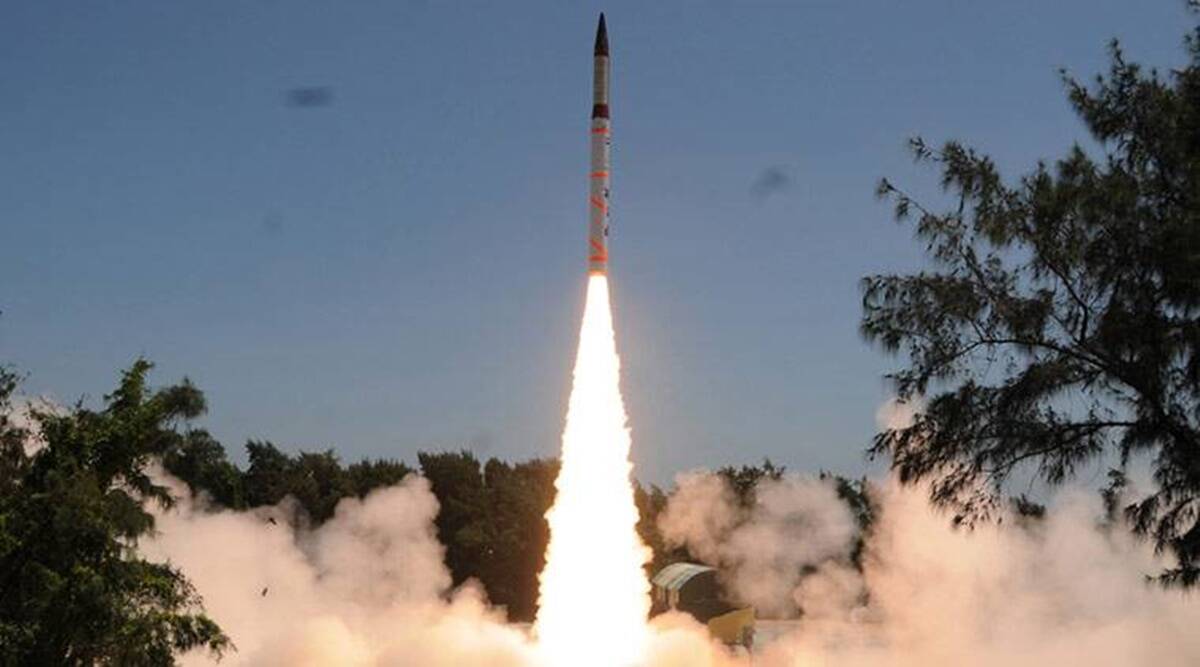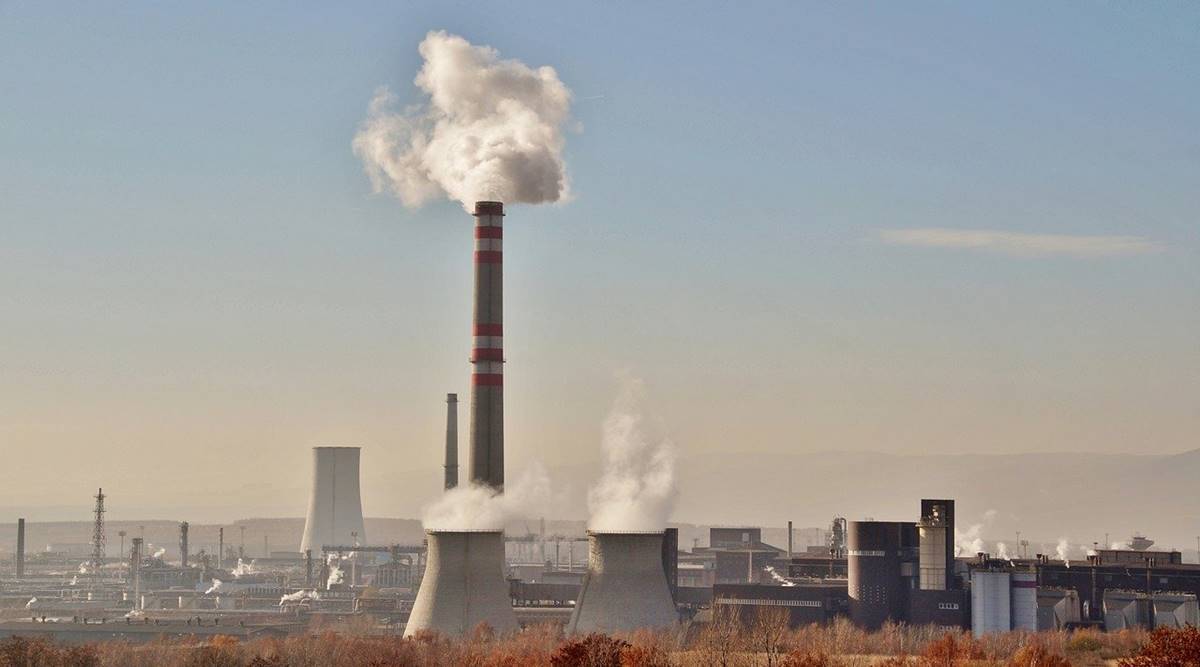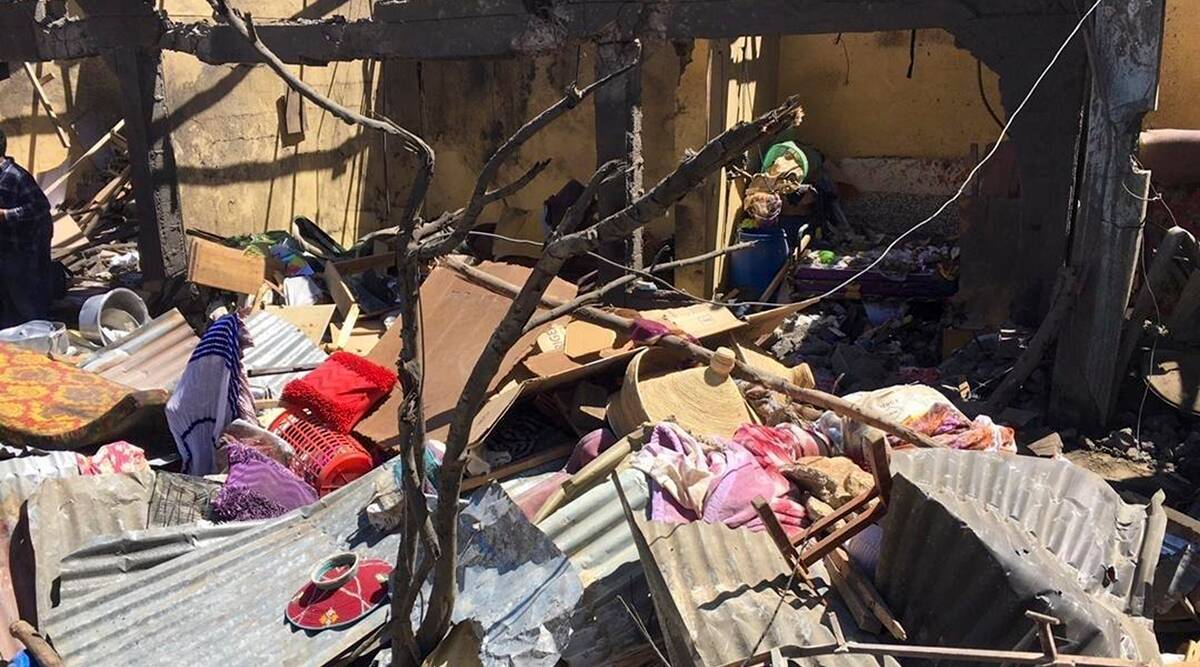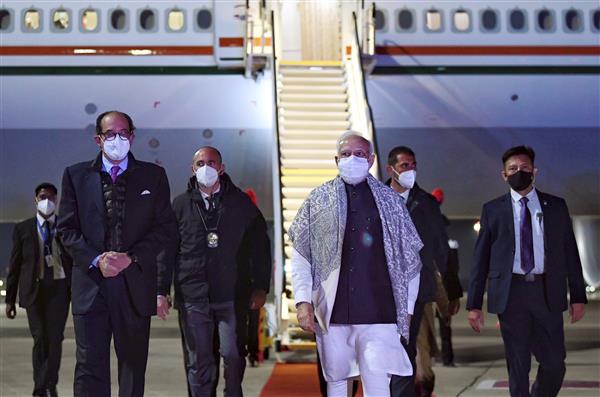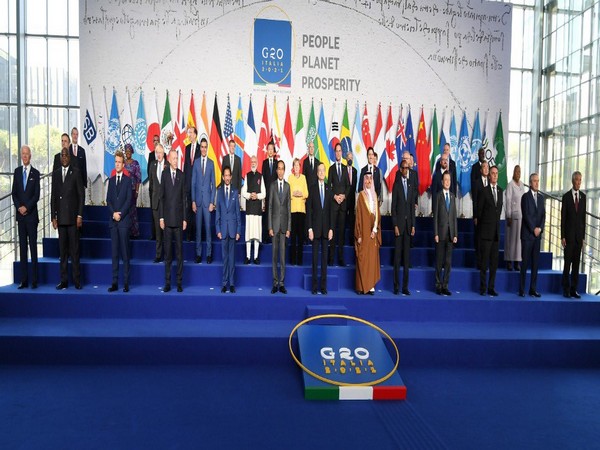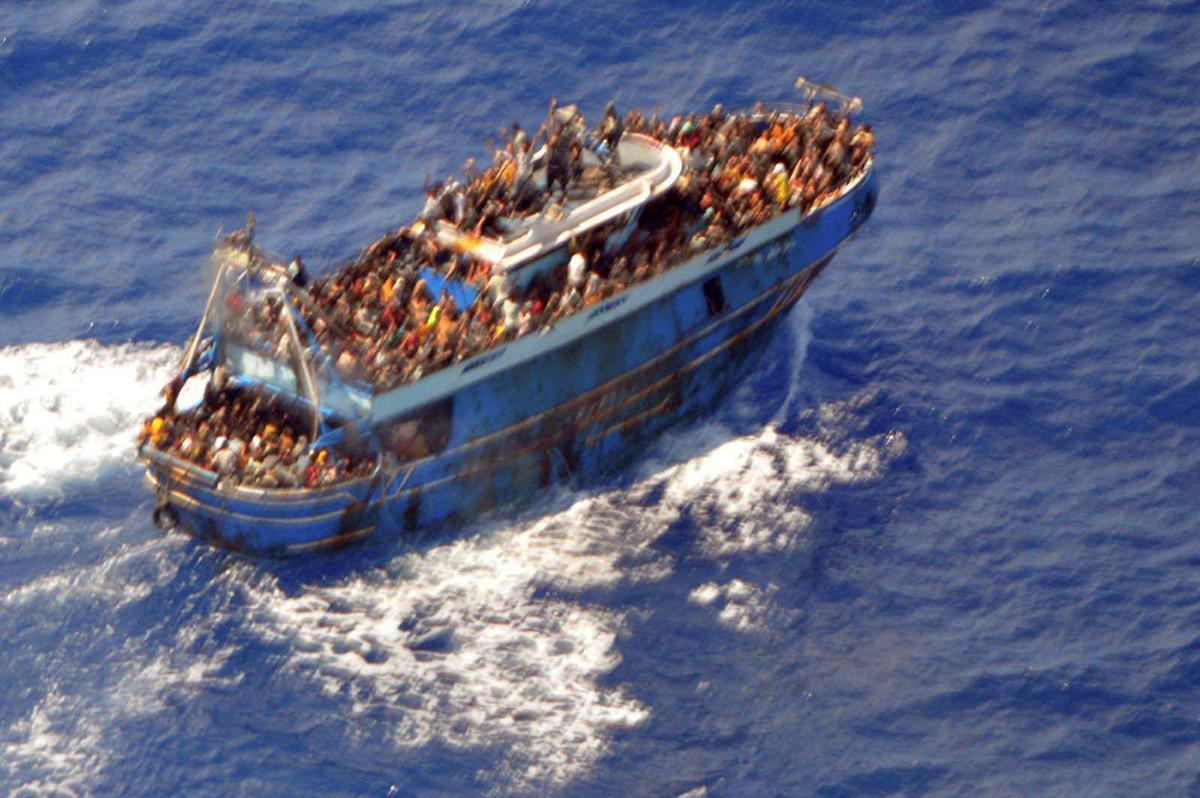
06/15/2023
Athens, June 15: At least 79 people have died and more than 100 have been rescued after their fishing vessel capsized off the coast of southern Greece.
But survivors and Greek officials say that hundreds more migrants were on board.
The government says this is one of Greece's biggest migrant tragedies, and has declared three days of mourning.
The boat went down about 80 km (50 miles) south-west of Pylos after the coastguard said it had refused help.
The coastguard said the boat had been spotted in international waters late on Tuesday by an aircraft belonging to EU border agency Frontex. No-one on board was wearing life jackets, it added.
Quoting a timeline provided by the shipping ministry, Greek public broadcaster ERT said authorities had made contact with the boat via satellite phone on several occasions and offered help, but were repeatedly told: "We want nothing more than to go on to Italy."
A few hours later, around 01:00 (23:00 GMT), someone on the boat reportedly notified the Greek coastguard that the vessel's engine had malfunctioned.
Shortly after, the boat capsized, taking only ten to fifteen minutes to sink completely. A search and rescue operation was triggered but complicated by strong winds.
Alarm Phone, an emergency helpline for migrants in trouble at sea, said the coastguard was "aware of the ship being in distress for hours before any help was sent", adding that authorities "had been informed by different sources" that the boat was in trouble.
It added that people may have been scared to encounter Greek authorities because they were aware of the country's "horrible and systematic pushback practices".
The boat is thought to have been going from Libya to Italy, with most of those on board believed to be men in their 20s.
They had been travelling for days, according to local media reports, which added that the boat had been approached by a Maltese cargo ship on Tuesday afternoon that supplied food and water.
Survivors spoke of as many as 500 to 700 people on board and regional health director Yiannis Karvelis warned of an unprecedented tragedy: "The number of the people on board was much higher than the capacity that should be allowed for this boat."
Coastguard Cpt Nikolaos Alexiou told public TV that his colleagues had seen people packed on to the deck and that the boat had sunk in one of the deepest parts of the Mediterranean.
The nationalities of the victims have not yet been announced.
Survivors have been taken to the town of Kalamata, and many were treated in hospital for hypothermia or minor injuries.
ERT said that three people suspected of being the traffickers had been taken to the central port authority in Kalamata and were being interrogated.
Greek President Katerina Sakellaropoulou visited some of those rescued and expressed her sorrow for those who had drowned.
Each year, hundreds of people die trying to cross the Mediterranean. In February, a boat carrying migrants capsized near Cutro, in the region of Calabria in southern Italy, killing at least 94 people - one of the deadliest incidents recorded.
Greek migration ministry official Yiorgos Michaelidis told the BBC's World Tonight programme that Greece had repeatedly said the EU needed to come up with a "solid" migration policy "in order to accept people who are really in need and not just the people who have the money to pay the smugglers".
"Right now, the smugglers are the ones who decide who comes to Europe," he said.
"The case is for the EU to provide asylum, help and safety for those who are really in need. It's not a problem of Greece, Italy or Cyprus… The EU is the one that must conclude on a solid migration policy."
Greece is one of the main routes into the European Union for refugees and migrants from the Middle East, Asia and Africa.
Last month the Greek government came under international criticism over video footage reportedly showing the forceful expulsion of migrants who were set adrift at sea.
More than 70,000 refugees and migrants have arrived in Europe's frontline countries this year, with the majority landing in Italy, according to UN data.-Agencies
